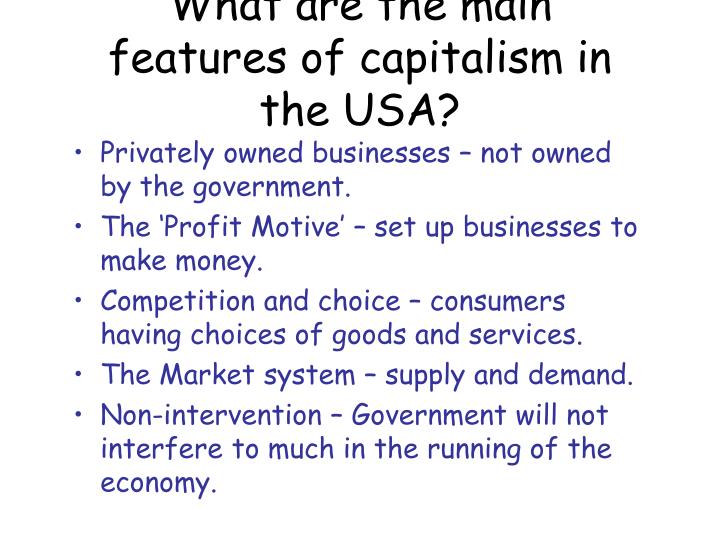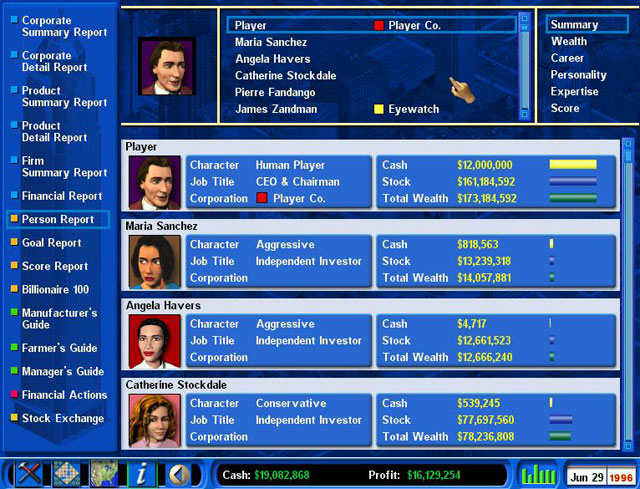

These are unprecedented times, and it is a sign of how difficult life continues to be that Green has not even waited until after the Christmas sales before calling in the administrators.

No question, the Covid-19 pandemic has put paid to businesses that would otherwise have been viable. Sure, life on the high street and in shopping malls has been tough this year. Green was unaware of, or indifferent to, this week’s collapse of Arcadia and the wrenching structural change in his own industry. If accumulation, ownership, and profiting from capital is the central principle of capitalism, then freedom from state coercion is the central principle of free enterprise.But even a halfway decent capitalist should have seen that the writing was on the wall for large swaths of traditional bricks-and-mortar retailing years ago. Private property rights still exist in a free enterprise system, although the private property may be voluntarily treated as communal without a government mandate.Īs an example, many Native American tribes existed with elements of these arrangements, and within a broader capitalist economic family, clubs, co-ops, and joint-stock business firms like partnerships or corporations are all examples of common property institutions. Although unlikely, it is possible to conceive of a system where individuals choose to hold all property rights in common. "Free enterprise" can roughly be understood to mean economic exchanges free of coercive government influence. However, a capitalist system can still be regulated by government laws, and the profits of capitalist endeavors can still be taxed heavily. Any economy is capitalist as long as private individuals control the factors of production. It is possible to have a capitalist economy without complete free enterprise, and possible to have a free market without capitalism. In truth, they are closely related yet distinct terms with overlapping features. Capitalism and free enterprise are often seen as synonymous.


 0 kommentar(er)
0 kommentar(er)
